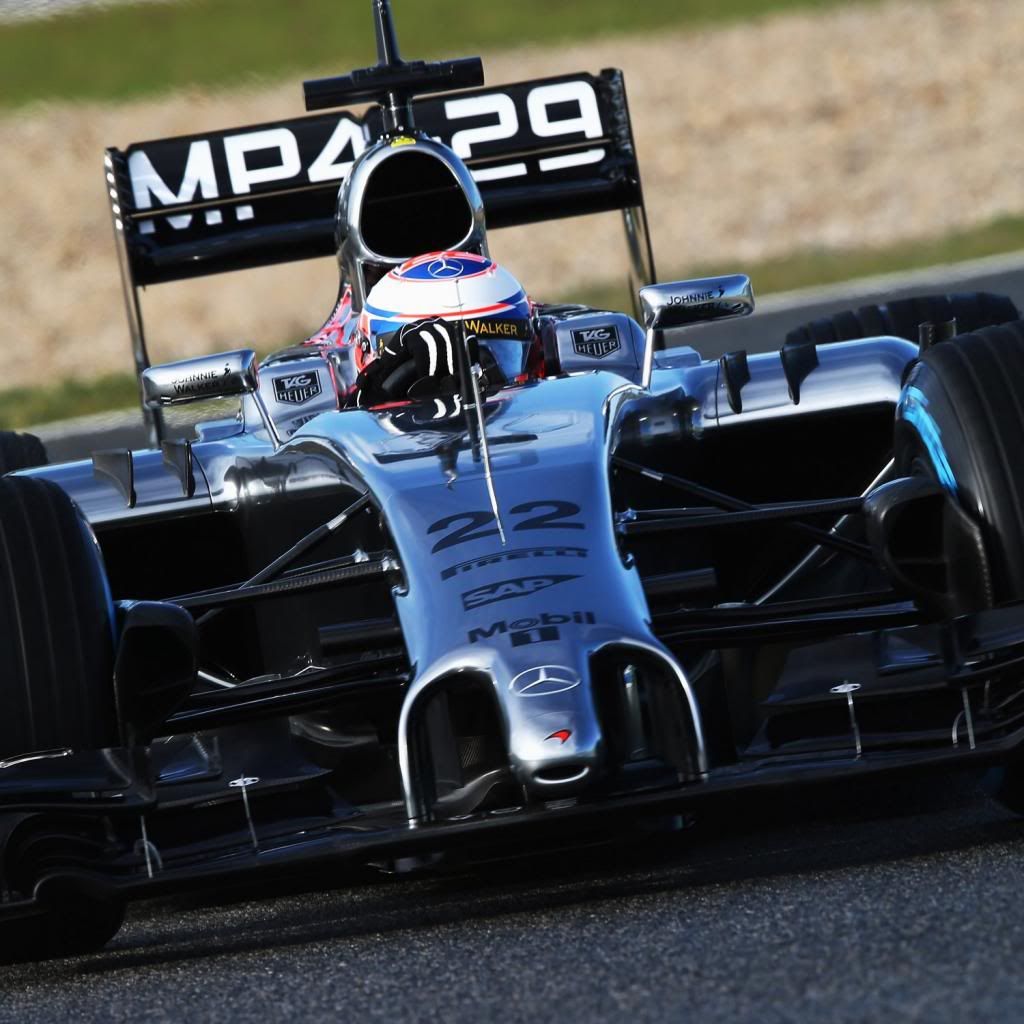The figures stated are an accurate reflection of what the teams and engine manufacturers are working with:
There you have it. Four percent. That's what's been measured. Read it and weep. In reality, four percent is not close.Cosworth's Tim Routsis, asked at Monza for a frank assessment of where his company was on its first season back in F1 after a three season break, said: "I think all the engines are extremely close and the best measurements we've been able to take say that everyone is within about four per cent and I think we're towards the front of the pack."
Comparing percentages of different measures is one of the most stupid things I have ever seen written. Seriously. Ask any engineer and he'll take power over anything else, especially if it's something he can control and use only when needed.marcush. wrote:we also can conclude that for 2% less power the Renault consumes 5% less fuel..
Transmission efficiency is not a part of the equalisation process (which actually seems to make things worse) and I'm afraid the fuel efficiency argument has been debunked many, many times. Yes, the Renault consumes less fuel because it is less powerful but the Mercedes is more fuel efficient given the power on offer.
It also doesn't take into account how power is used. No one who keeps banging on about this wants to see that power is not used consistently through a race. Power is used when needed and the engine is then turned down. It's a big advantage.
The penny isn't going to drop there, however...... The figures are what they are. We've even got people now admitting that the Renault is down on power but not understanding what it is they're actually saying, and still thinking they can talk about factors they have no figures to back up and claiming that the Renault being less powerful is OK.......


